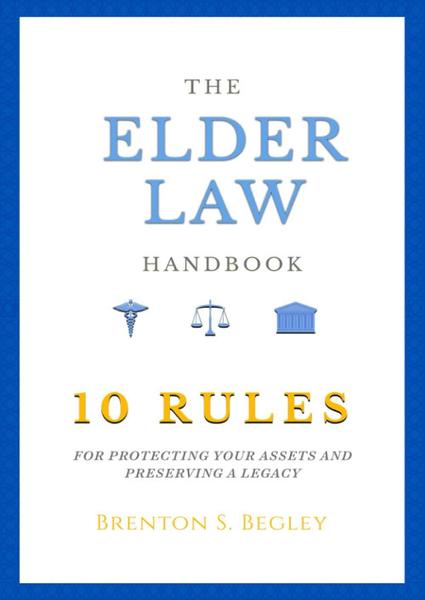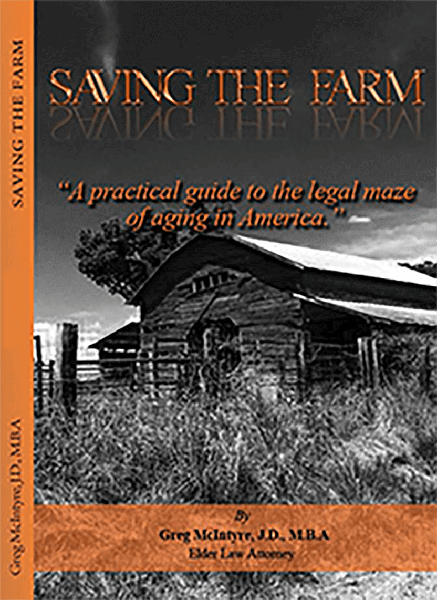Surely, we all have a conception of the definition of
a “gift.” However, a gift, in legal sense, is something very specific. Consequently, when attempting to determine whether a transfer constitutes a gift, it’s important to look at the facts and circumstances of the purported transfer of right, title, interest, or possession of an asset.
But why does this matter? Gifts have different effects depending on the context. Gifts may exclude something from the probate estate the heirs are squabbling over. Gifts can trigger a tax. Gifts can also render someone ineligible for benefits, like VA or Medicaid, to pay for long-term care. Transfers of real property can also be affected if it is
considered a gift and not a purchase for value. Lastly, a power of attorney may not allow a transfer of an asset if that transfer would be considered a gift.



